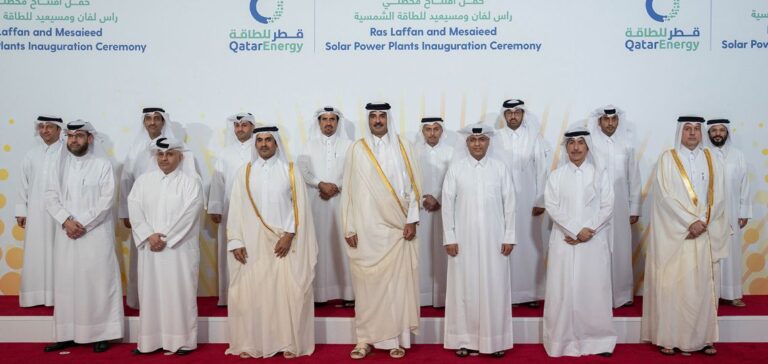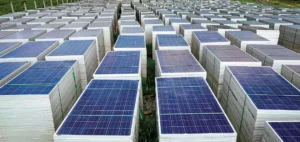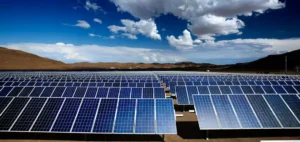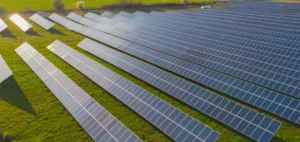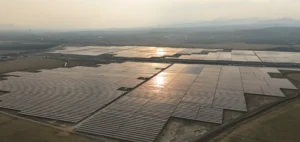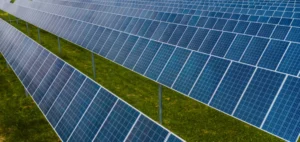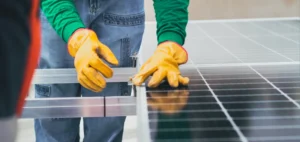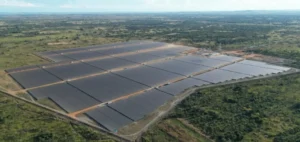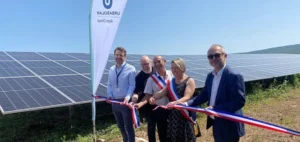Qatar inaugurated on April 28 two new solar plants in Ras Laffan and Mesaieed, representing a combined capacity of 875 megawatts (MW). The ceremony was attended by His Highness Sheikh Tamim bin Hamad Al Thani, the Amir of the State of Qatar, and His Excellency Saad Sherida Al-Kaabi, Minister of State for Energy Affairs and President and Chief Executive Officer of QatarEnergy, alongside senior officials from the energy sector.
Rapid expansion of national solar capacity
The commissioning of these facilities brings Qatar’s solar capacity to 1,675 MW. This increase is part of QatarEnergy’s strategy to reach more than 4,000 MW of renewable energy by 2030, in line with the Qatar National Vision 2030. According to authorities, the new plants will reduce around 4.7 million tonnes of carbon dioxide emissions annually.
The Ras Laffan and Mesaieed plants, along with the Al-Kharsaah Solar PV Power Plant, will help meet nearly 15% of the national peak electricity demand. This rate is projected to rise to 30% by 2029 with the start of operations at the Dukhan solar plant, which will have a capacity of 2,000 MW.
Rise of local expertise in solar projects
His Excellency Mr. Al-Kaabi stated that these achievements mark a new stage, as Qatar now relies on its own expertise for the construction, operation, and maintenance of its solar plants. He praised the ability of national teams to successfully deliver large-scale energy projects.
The Minister also thanked the project management team and the companies involved for completing the works. He expressed his gratitude to the Amir of Qatar for his continued support, highlighting his decisive role in advancing the country’s energy initiatives.

